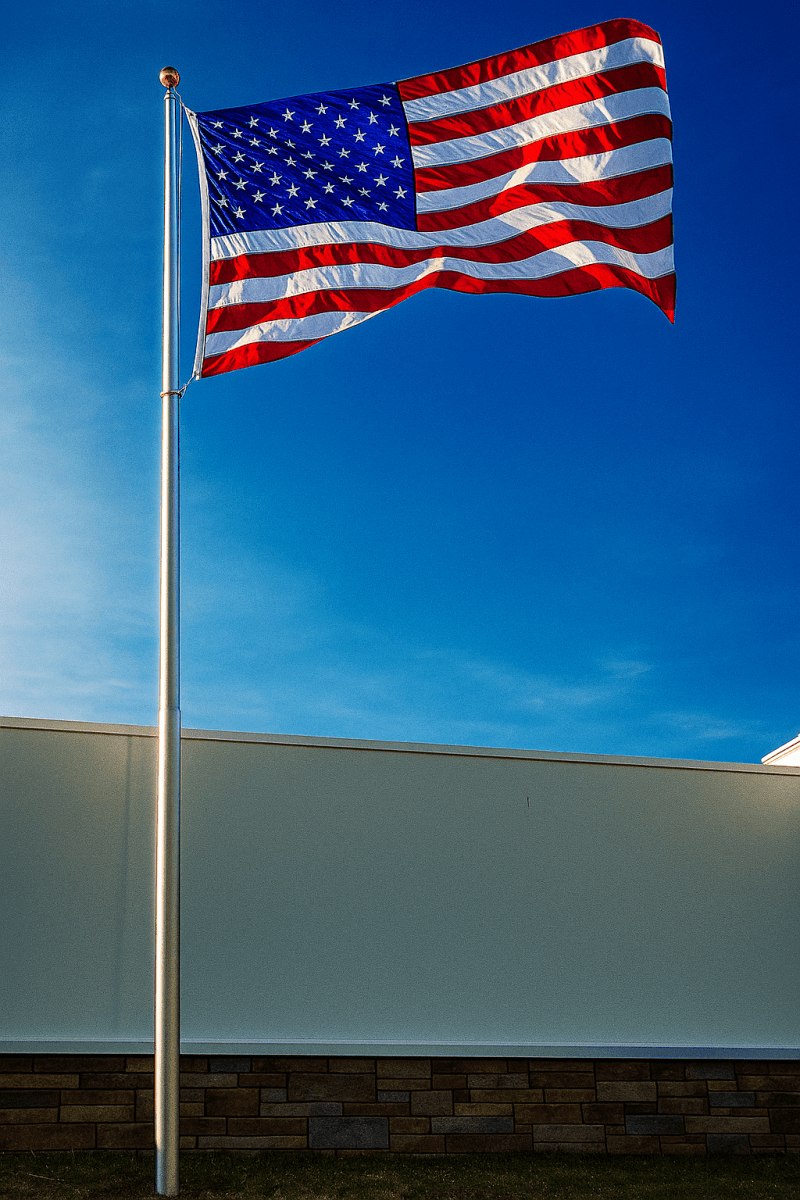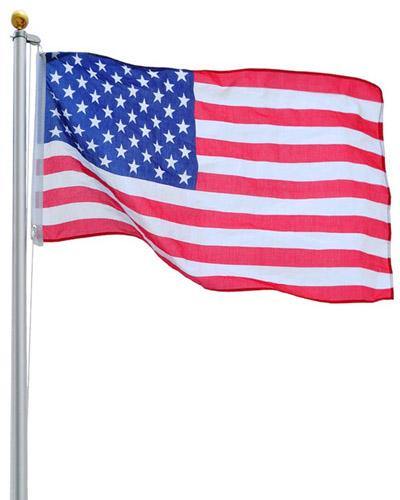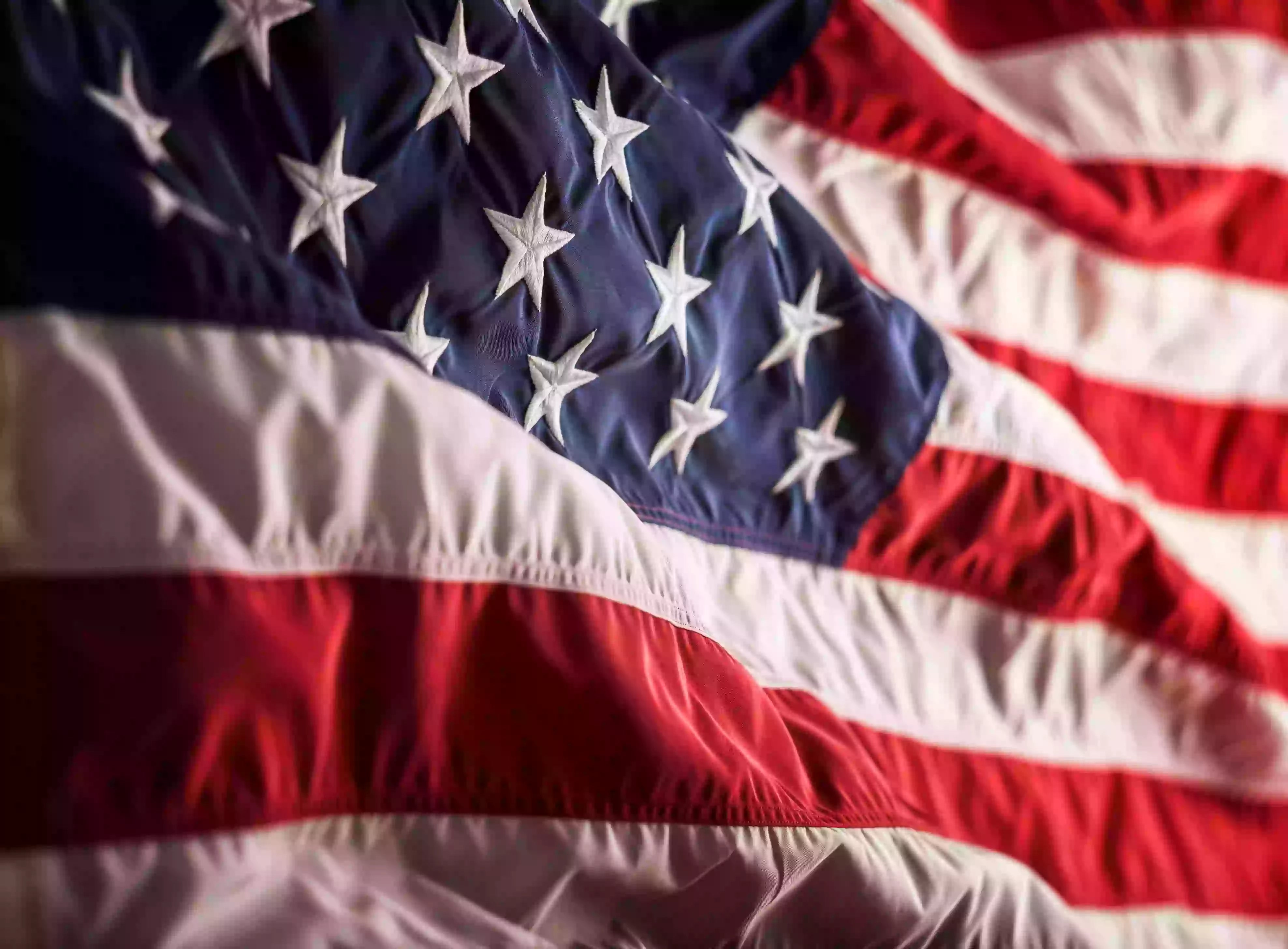US in History
Welcome to our new series!! We are discussing US history and fascinating moments, people, events and details that make the United States what it is. Enjoy our first blog and be sure to watch the video as well.
The Reagan Resurgence
The 1980s in the United States were a time of significant political and economic change, and the election of Ronald Reagan as President marked the beginning of a conservative resurgence that would have a lasting impact on the politics of the United States. The conservative resurgence would have a lasting impact on American politics.
The Early Years
The 6th of February, 1911 found Ronald Wilson Reagan being born in Tampico, Illinois. He was the younger of the two children that Nelle and Jack Reagan welcomed into the world. His mother was an alcoholic, and when he was still a young child, his parents got a divorce. In a modest apartment located in the heart of downtown Dixon, Illinois, Reagan and his older brother Neil were reared by their mother.
At Dixon High School, where he attended and excelled in athletics and was actively involved in the school's theatre club, Reagan After receiving his diploma in 1928, he enrolled in Eureka College, a relatively modest liberal arts institution located in Illinois. While attending Eureka, Reagan was active in a number of extracurricular activities, including football, theatre, and public speaking. In 1932, he received his diploma and his degree in economics.
We have turned this blog into an informative video on our YouTube channel that you can view here:
Following his graduation from college, Reagan had a difficult time finding job during the Great Depression. After some time, he was hired by a radio station in Davenport, Iowa, to work as a sports commentator for the station. It was in 1937 when he made the journey to Hollywood and got his start in the acting business. Throughout the 1930s and 1940s, Ronald Reagan was in a variety of films, including "Knute Rockne, All American" and "Kings Row."
Political Beginnings | Governor Reagan
At the beginning of the 1950s, Ronald Reagan made the switch to television and became the host of the popular anthology series General Electric Theater. During this time, he was also active in Republican politics and started making speeches on the party's behalf. The speech that Ronald Reagan delivered in 1964 in support of Republican presidential nominee Barry Goldwater brought him to the attention of the nation and was significant in the beginning of Reagan's career in politics.
Reagan defeated the incumbent governor of California, Pat Brown, in the election for the governorship of California in 1966. When Ronald Reagan was governor of California, he put into effect a variety of conservative ideas, such as reducing taxes and loosening government regulations. In addition, he was a supporter of law and order programs as well as the war in Vietnam.
President Ronald Reagan
Reagan was elected President of the United States in 1980, winning the election by a far larger margin than the previous president, Jimmy Carter.
The election of Ronald Reagan as President of the United States in 1980 and the subsequent adoption of his conservative policies helped signal the beginning of a period of substantial political and economic change in the United States during the 1980s. The conservative revival of the 1980s had a huge impact on the culture and society of the United States, and the reverberations of that movement can be felt even today.

The implementation of supply-side economics, commonly referred to as "Reaganomics," was one of the most important policies that came out of the Reagan Revolution. According to this school of economic thought, boosting economic expansion while simultaneously boosting tax and regulatory burdens would result in increased revenue for the government. Reagan was responsible for enacting a number of tax reductions, one of which was the Economic Recovery Tax Act of 1981, which brought about a general decrease in income tax rates. In addition to this, he eased the regulatory burden placed on companies and industries, leading to the deregulatoryization of the airline and trucking industries.
While a large number of Americans supported these policies, some in the country were outspoken in their opposition to them. It was argued by some that President Reagan's tax cuts had a disproportionately positive impact on the wealthiest and contributed to the existing income gap. Others cited the savings and loan crisis that occurred in the late 1980s as an illustration of the risks associated with deregulatory policies.
Reagan's approach to international affairs, in addition to his economic policies, was an essential component of the Reagan Revolution. He advocated a more aggressive approach towards the Soviet Union, which ultimately led to the Soviet Union's demise and was a crucial factor in the collapse of the Soviet Union. The aggressive position that Ronald Reagan took toward the Soviet Union, which included his now-famous "Evil Empire" speech, was essential in applying pressure to the Soviet government and, as a result, helped hasten the conclusion of the Cold War.
However, Ronald Reagan's foreign policy was not without its share of controversy. Some others saw his decision to invade Grenada and his assistance for rebels in Nicaragua as unwarranted and interventionist actions, and they attacked him for both of these things.
The selection of conservative judges to the Supreme Court during Ronald Reagan's presidency, including Antonin Scalia and Anthony Kennedy, which had a long-lasting impact on the path that American jurisprudence took, was another significant accomplishment of the Reagan administration. Reagan is still an important figure in American history, and the policies he enacted continue to have a profound impact on the political landscape of the United States even today.
The conservative upsurge of the 1980s had an impact, as well, on the cultural landscape of the time. During the 2000s, there was a boom of conservative think tanks and lobbying groups, as well as an increase in the popularity of conservative talk radio and cable news. In addition, the decade of the 1980s saw the formation of an organization known as the "Moral Majority," which was a politically conservative Christian group that was crucial in molding American politics.
Cultural Impact
Evangelist Jerry Falwell was the driving force behind the establishment of the conservative Christian political movement known as The Moral Majority in 1979. The decade of the 1980s was a busy one for the organization, which was also quite influential in the political climate of the United States during that time.

The Moral Majority was established as a reaction to what its founders perceived to be a deterioration of traditional values in the United States of America. The organization promoted a variety of conservative causes, such as resistance to abortion, support for traditional marriage, and opposition to the Equal Rights Amendment, amongst other issues.
The Moral Majority played an important role in backing conservative candidates and helping to mobilize voters from the Christian faith. It was instrumental in Ronald Reagan's successful campaign for the presidency in 1980, and it continued to back conservative candidates throughout the 1980s.
Additionally, the Moral Majority was active in lobbying efforts on subjects such school prayer, abortion, and the teaching of evolution, amongst others. It was a vociferous opponent of the Equal Rights Amendment, which intended to ensure equal rights for women, and it played a role in the amendment's failure to be adopted because of its opposition.
The Moral Majority was a contentious organization that was subject to criticism from individuals who believed that it was advancing a restricted and religiously motivated agenda.
The Legacy
In general, the presidency of Ronald Reagan had a substantial impact on the politics, economy, and foreign policy of the United States. His initiatives were well received by a large number of Americans, which contributed to the transformation of the political and cultural scene in the 1980s. On the other hand, his initiatives were met with criticism and controversy, and the ramifications of his policies are still being discussed to this day.
We appreciate you taking the time to stop by and learn about History in America. We hope that you were able to pick up some useful information and acquire a more in-depth comprehension of this pivotal era in the history of the United States. If you thought this blog was interesting, please consider watching the video and subscribing to our channel so that you may watch more videos with interesting information on American history.
Liberty Flagpoles is a company committed to producing high-quality flags and flagpoles made in America. Their flags are made of durable materials and are perfect for displaying at homes, businesses, and events. The flagpoles are made in America and made to withstand harsh weather conditions and are perfect for displaying the American flag with pride. Support American-made products and choose Liberty Flagpoles for all of your flag and flagpole needs.
Learn more about President Reagan by visiting the Reagan Library.







